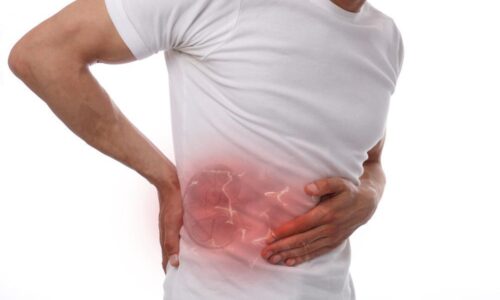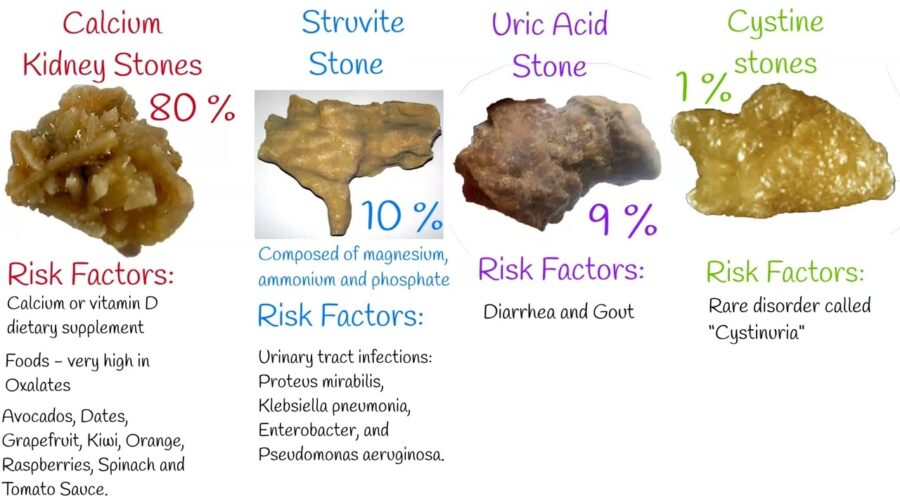Kidney Stone Treatment in Pune - Dr. Dhake's Urology Clinic
Kidney stones are the impact of the development of broke up minerals on the inward side of the kidneys. They typically comprise of calcium oxalate however might be made out of a few different mixes. The stones might be little and pass unnoticed through the urinary tract, however, they can likewise cause outrageous torment as they leave the body.

Dignosis of Kidney Stone :
Kidney Stone specialist in Pune Dr. Rajesh Dhake will tell you a kidney stone is a Renal calculi or kidney stones are solid pieces of crystals, salt and minerals that begin in our kidneys. However, they are likely to develop anywhere along our urinary tracts such as kidneys, ureters, bladder, and urethra. And kidney specialist give you kidney stone treatment in Pune.
Dr. Rajesh Dhake is one of the Best Kidney Specialist in Pune expert in proper diagnosis and treatment of kidney stone. He is expertise in minimally invasive surgical operation and known as one of the Best Urologists in Pune. He has treated successfully different sizes of kidney stones with very good results. Dr. Rajesh Dhake is extremely popular and Best kidney stone doctor with good results and 100% success. A highly renowned medical professional in his field of work. He follows an ethical strategy in his work and continues dedication with his patients, following the treatment method that is most proper for them. He provides the Best Kidney Stone Treatment in Pune.
Signs and Symptoms of Kidney Stone
- Pain or burning while urination.
- Pain in the backbone, stomach, belly or side.
- Blood in the urine.
- Urgent need to go.
- Going a little amount at a time.
- Dark or smelly urine.
- Fever and chills.
- Illness and vomiting.
Treatment options :
Treatment is tailored according to the types of stone. Urine can be strained and stones gathered for evaluation.
Drinking six to seven glasses of water per day increases urine flow. People who are dehydrated or have critical nausea and vomiting may require intravenous fluids.
Treatment Option Includes:
- Shockwave lithotripsy (SWL)
- Ureteroscopy and laser lithotripsy
- Percutaneous Nephrolithotomy (PCNL)
- Retrograde intrarenal surgery (RIRS)
- Lap assisted PCNL for ectopic kidneys and endoscopic surgery are some of the common surgical methods used for the effective treatment or removal of kidney stones.
Type of kidney stone:
- Calcium Stones
- Uric Acid Stones
- Struvite Stones
- Cystine Stones
1. Calcium oxalate stones
These Stones are the most common type of kidney stone. Kidney stones are hard masses that develop in the kidney when there are large levels of calcium, cysteine, oxalate, or phosphate and the too little amount of liquid. There are various types of kidney stones. Your doctor can test your stones to see what type you have. Calcium oxalate stones are created by too much oxalate in the urine.

2. Uric acid stones
These are the most common reason of radiolucent kidney stones in children. Some products of purine metabolism are almost insoluble and can precipitate when urinary pH is low. These cover 2 to 8 xanthine, dihydroxyadenine, adenine, and uric acid. The crystals of uric acid may start calcium oxalate precipitation in metastable urine concentrates.
3. Cystine kidney stones:
Cystine kidney stones are because of cystinuria, genetic disorder of the transportation of an amino acid which is a building block of a protein called cystine that occurs in an overflow of cystine in the urine and the formation of cystine stones.
4. Struvite stones
Struvite stones are a type of solid mineral deposit that can develop in your kidneys. Stones develop when minerals like calcium and phosphate crystallize inside your kidneys and hold together. Struvite is a mineral that’s created by bacteria in your urinary tract.
FAQs
HOW FAST DO KIDNEY STONES GROW?
Smaller stones are more likely than larger stones to pass on their own. Waiting up to four to six weeks for the stone to pass is safe as long as the pain is bearable at that time, there are no signs of infection, the kidney is not completely blocked and thestone is small enough that it is likely to pass. After unbearable pain you have to take Kidney stone treatment in Pune from Dr. Rajesh Dhake.
WHEN SHOULD YOU GO TO THE HOSPITAL FOR KIDNEY STONES?
An evaluation is recommended. If you do suspect a kidney stone, a trip to an emergency room is advisable, especially if you are experiencing intense, uncontrollable or unbearable pain you should have to take a Kidney stone treatment in Pune. At the hospital, doctors can make the diagnosis and provide treatment for an active kidney stone.
THERE’S BLOOD IN MY URINE. WHAT MAY BE THE CAUSE?
The presence of blood in the urine could be the result of a minor cause or a serious underlying medical condition. To determine the source, a urologist will perform a thorough evaluation. The blood could be the result of an infection, kidney or bladder stones, cancer of the urinary system, or injury.
IT’S PAINFUL TO URINATE. WHAT COULD BE CAUSING THE PROBLEM?
There are many conditions that could result in painful urination. An infection of the urinary tract or prostate is a common cause, along with obstructions in the urethra, kidney, bladder, or prostate.